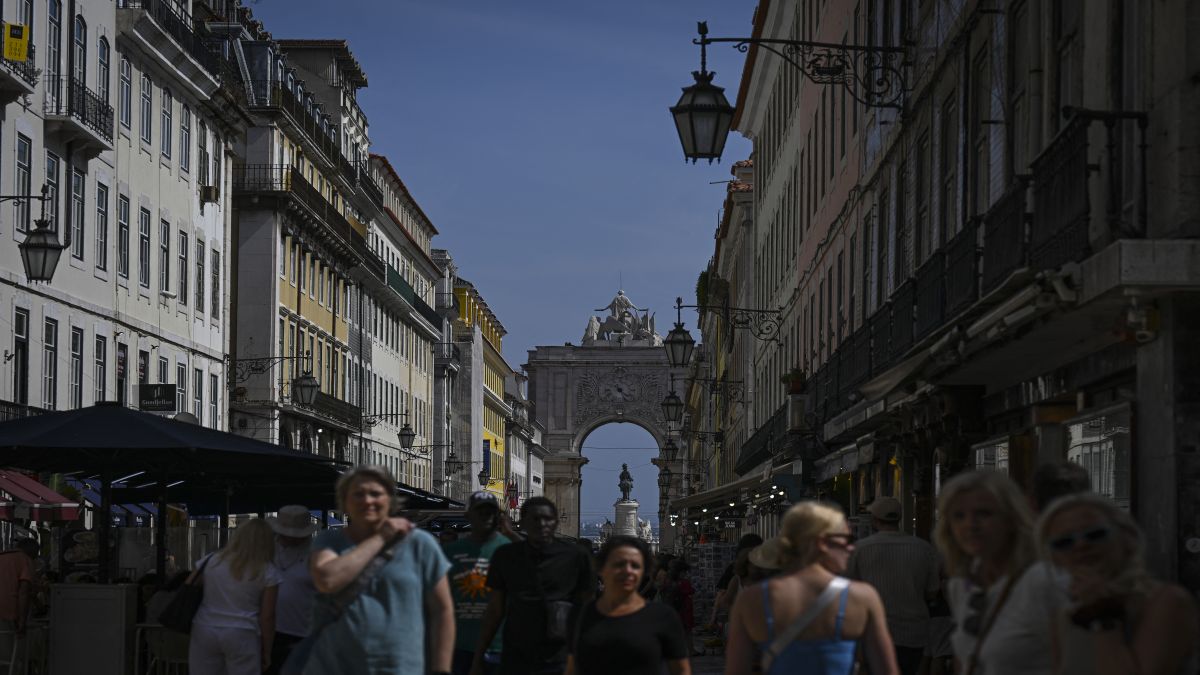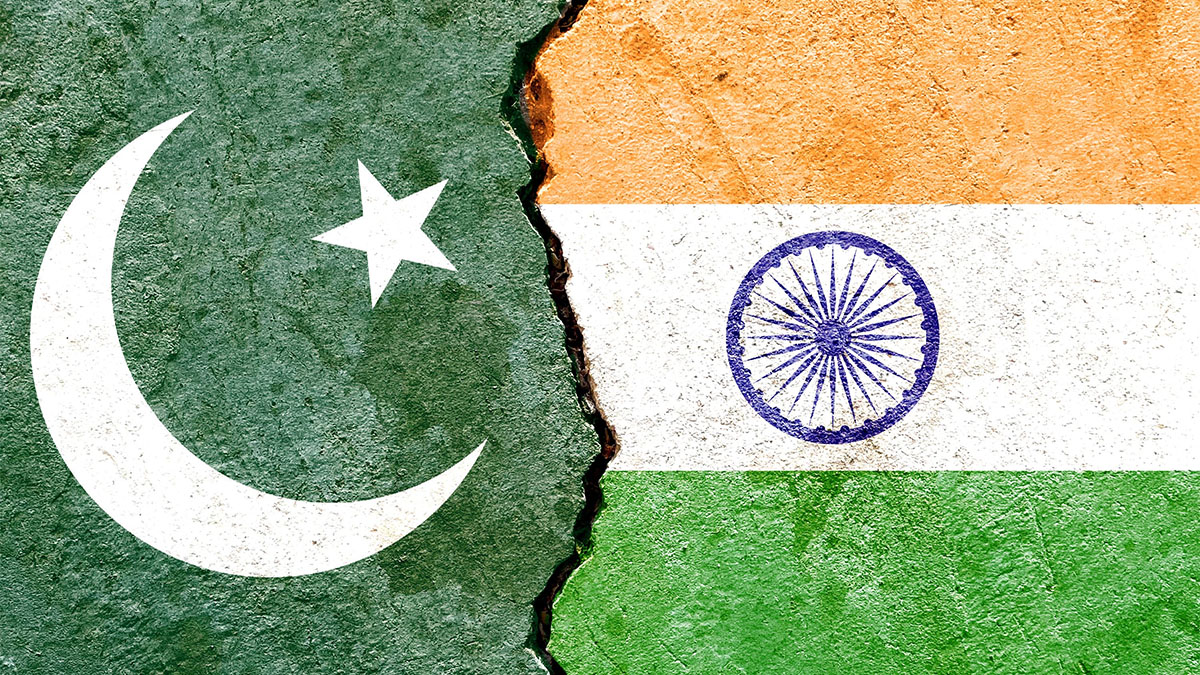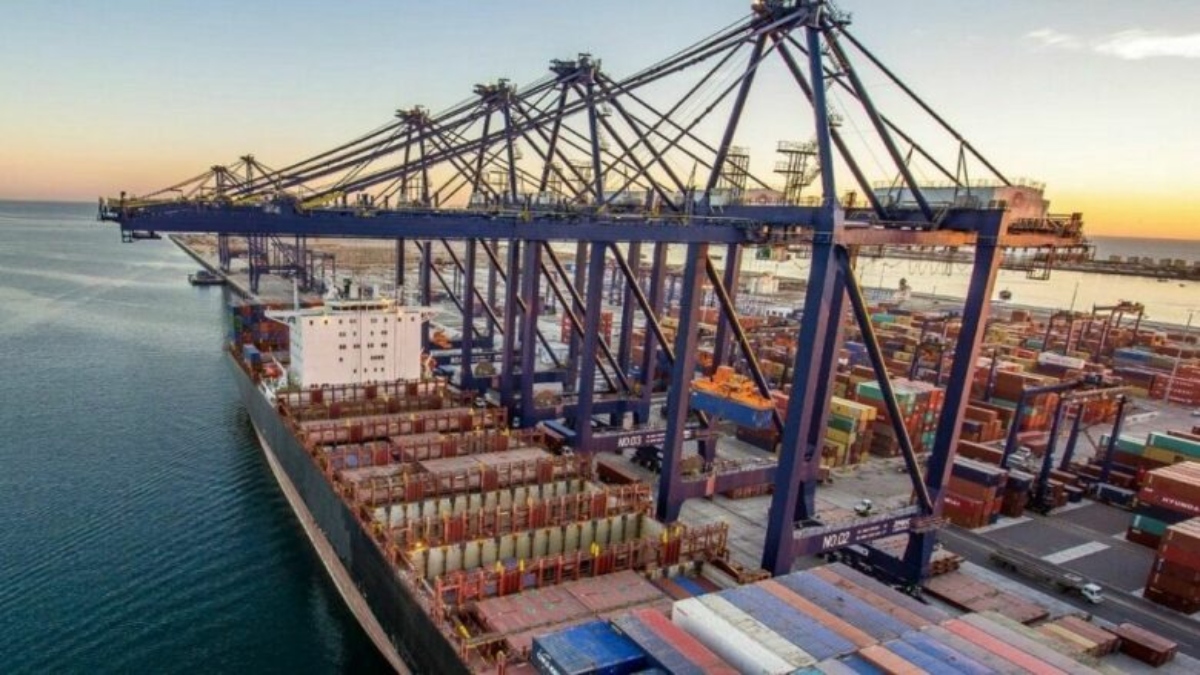Portugal’s caretaker government has announced plans to expel approximately 18,000 undocumented migrants, in a move that has sparked widespread criticism and intensified concerns about the country’s political trajectory ahead of a high-stakes general election on May 18.
The announcement, made Saturday (May 3) by António Leitão Amaro, the Minister of the Presidency, is the latest in a series of controversial decisions by the centre-right Social Democratic Party (PSD) government, which lost a parliamentary confidence vote in March. The planned expulsions are expected to begin next week, with officials issuing notices to an initial group of 4,500 migrants, giving them 20 days to leave voluntarily, Euronews reported.
“Portugal needs to review its deportation system, which doesn’t work,” Amaro told local media, describing the country as one of the least effective in Europe when it comes to deporting individuals who have violated immigration rules, including those flagged for security concerns.
The timing of the policy has raised eyebrows, coming just weeks before Portugal holds snap elections called by Prime Minister Luís Montenegro. The PSD leader stepped down after facing a potential conflict-of-interest scandal involving his family’s law firm, which had financial ties to a company that received a major gambling concession from the government.
Montenegro, who had been in office for less than a year, attempted to defuse the scandal by calling for fresh elections. Instead, opposition parties joined forces to bring down his fragile two-party coalition, which held just 80 seats in the 230-seat legislature. The motion was passed with 128 votes from a broad opposition front, including the centre-left Socialists and the ascendant far-right party Chega.
Rising populism and a broken political centre
The expulsions come at a time in Portuguese politics when populist and nationalist rhetoric has gained traction amid public anxiety over migration and the economy. Chega, a party once considered fringe, is now the third-largest political force in the country. Analysts warn that the new crackdown may be an attempt by the conservative government to recapture support from voters drifting rightward.
Chega leader André Ventura has made migration a central issue in his campaign, calling for tighter borders. The government’s recent actions appear to mirror that language, even as critics argue they risk eroding Portugal’s reputation for inclusive governance and human rights.
The proposed expulsions also arrive at a sensitive moment economically. Portugal is in the midst of deploying more than €22 billion in European Union recovery and development funds aimed at revitalising its economy, modernising infrastructure, and improving social services. The current political turmoil threatens to disrupt these efforts.
A system under pressure
Human rights groups have expressed concern that the government’s blanket approach may target vulnerable people who had long waited in administrative limbo. Portugal’s immigration services have struggled with years-long backlogs, especially since the pandemic, when thousands of migrants filed for legal status but never received documentation due to bureaucratic delays.
As the country of 10.6 million braces for a turbulent vote, Portugal’s political centre is faltering, and the edges— left and right— are closing in.


)
)
)
)
)
)
)
)
)